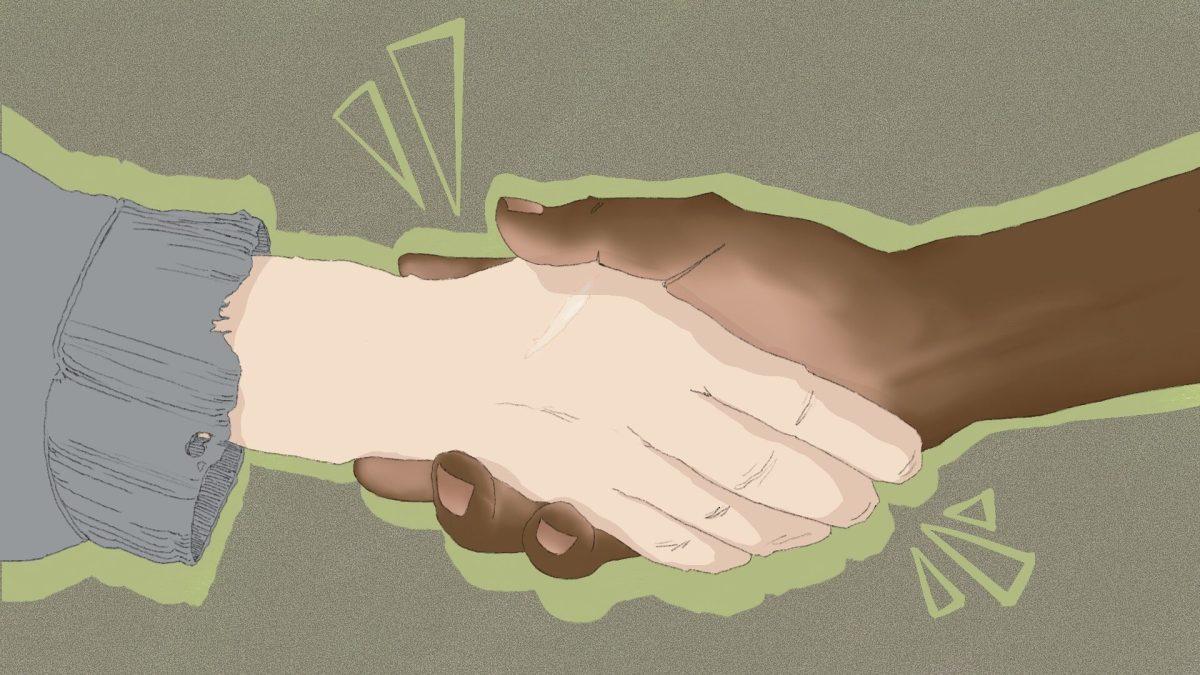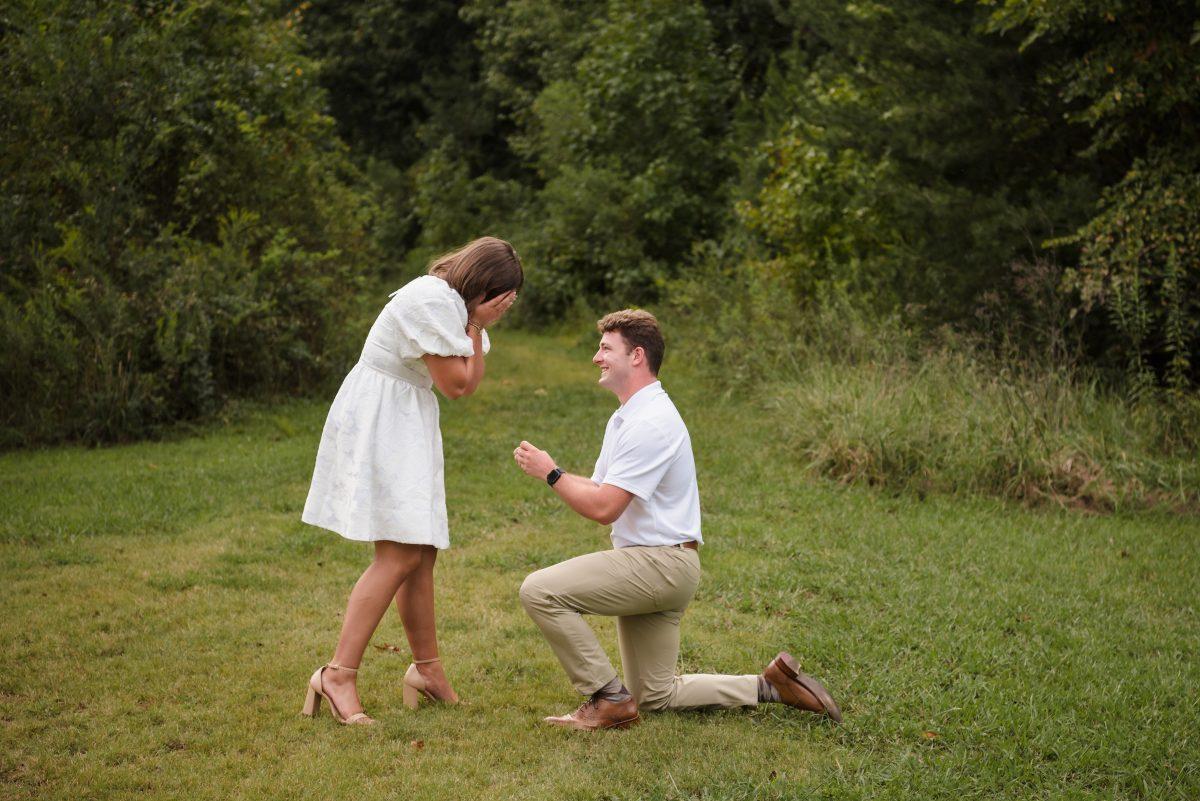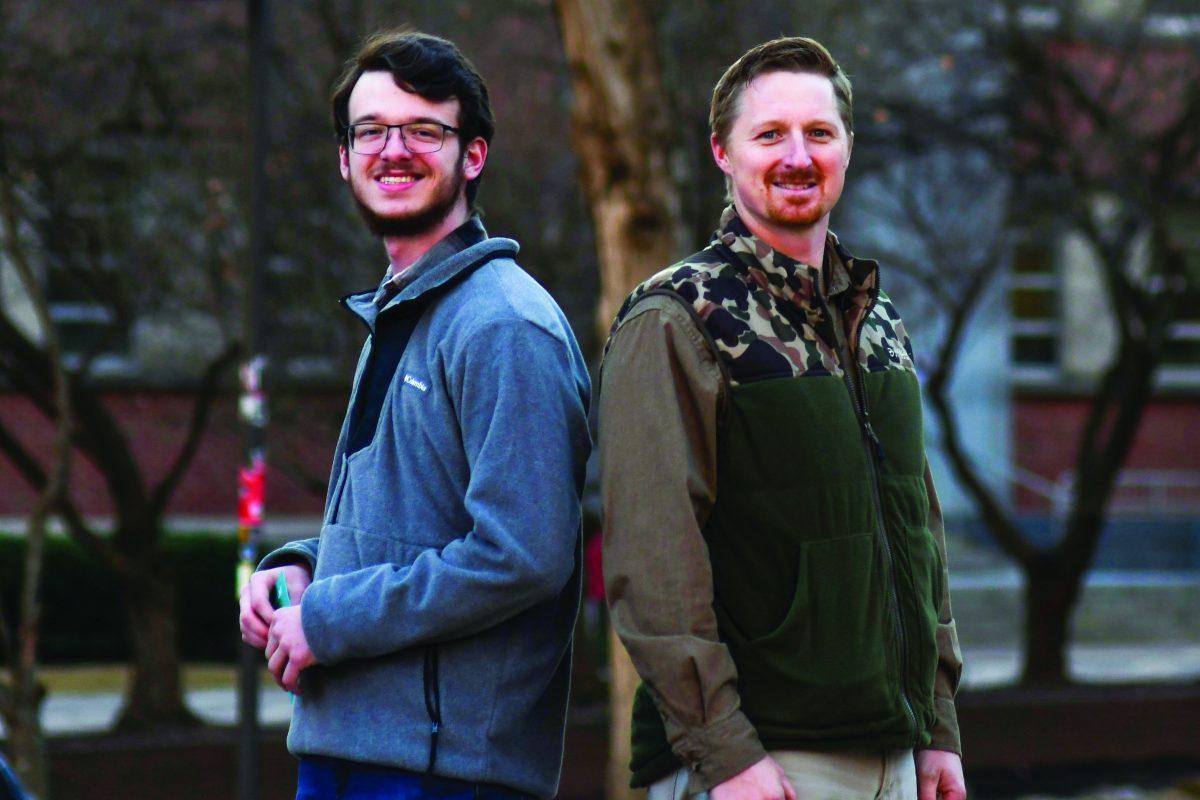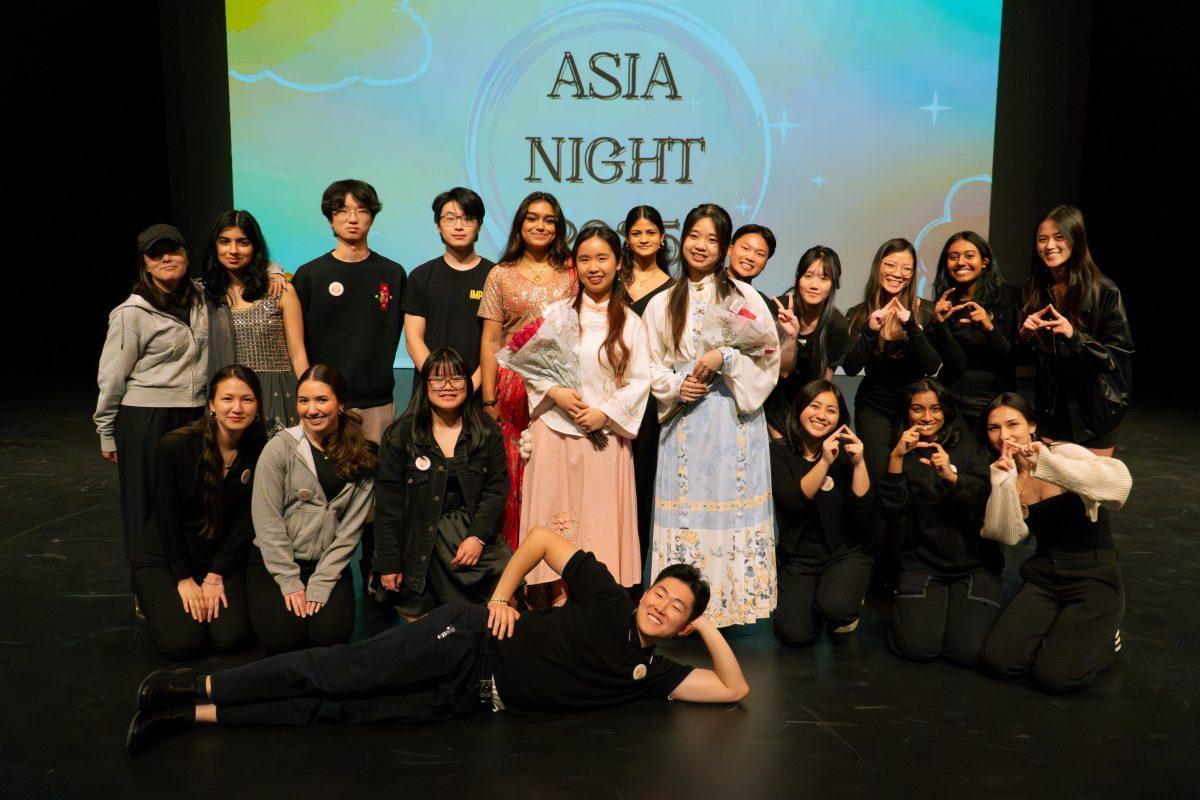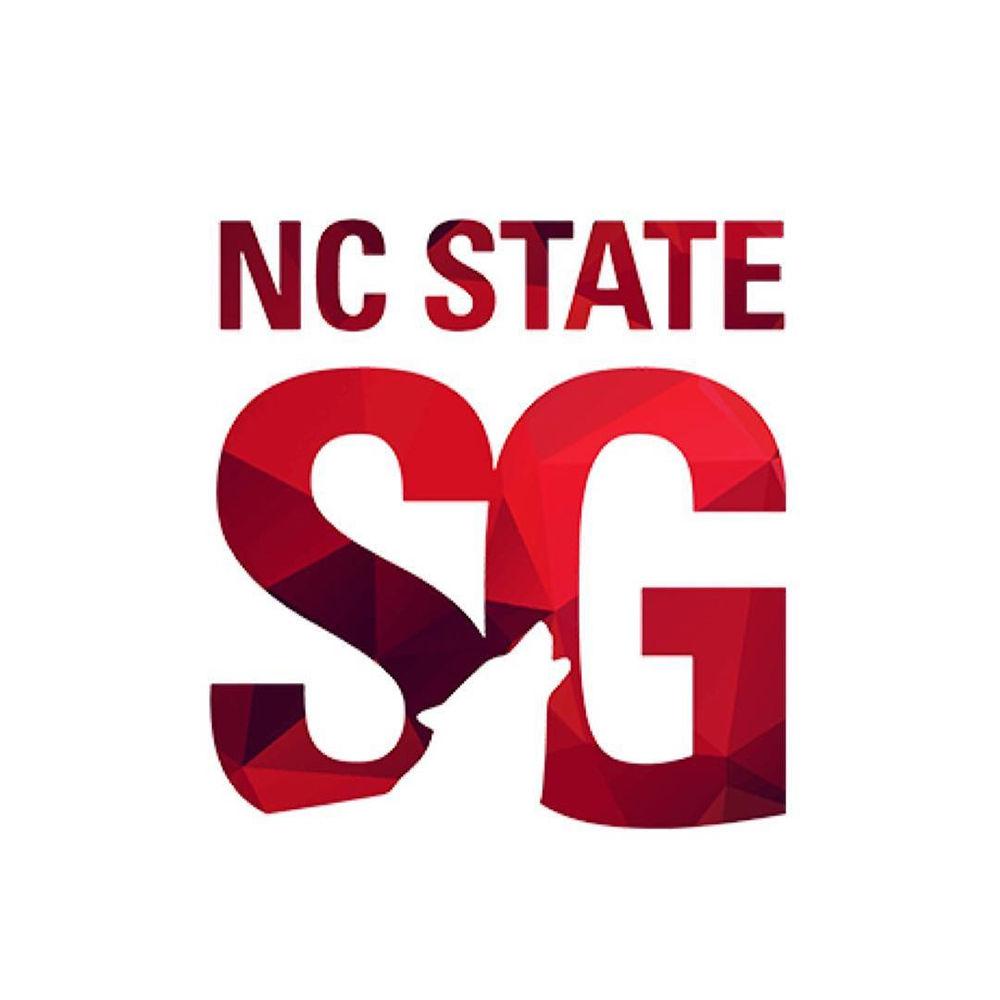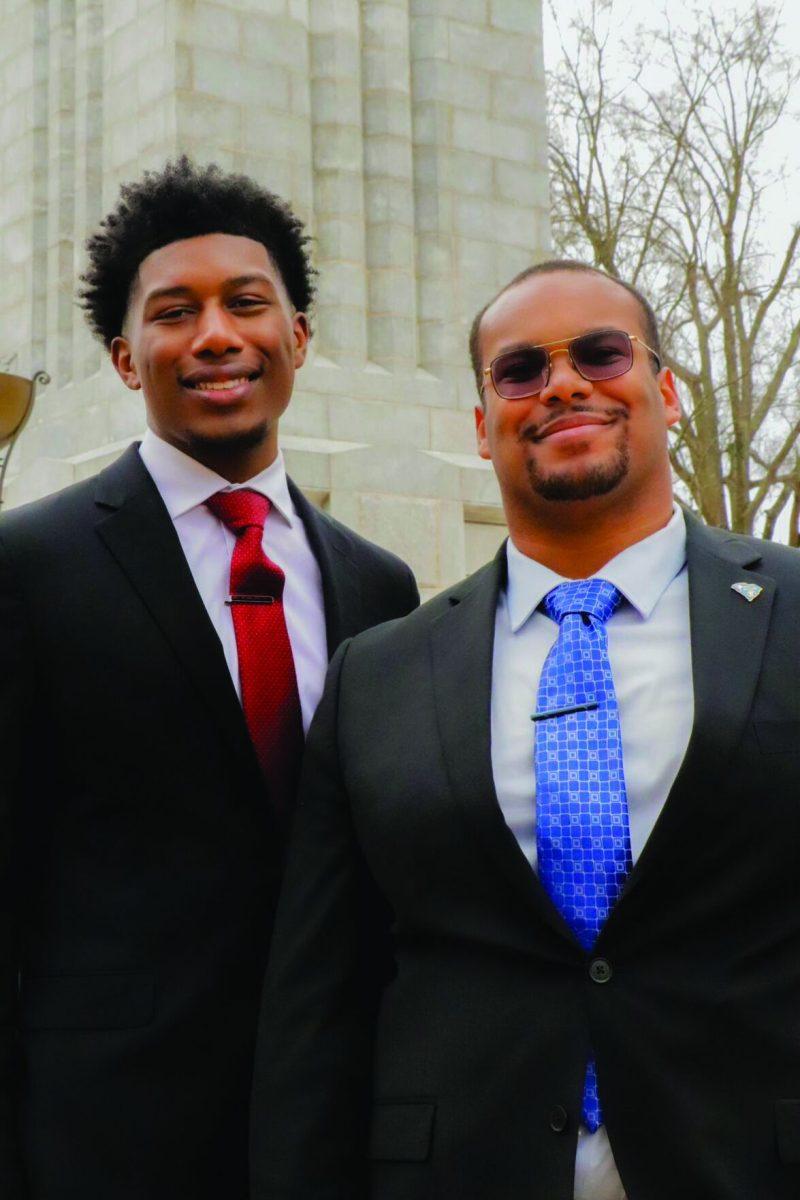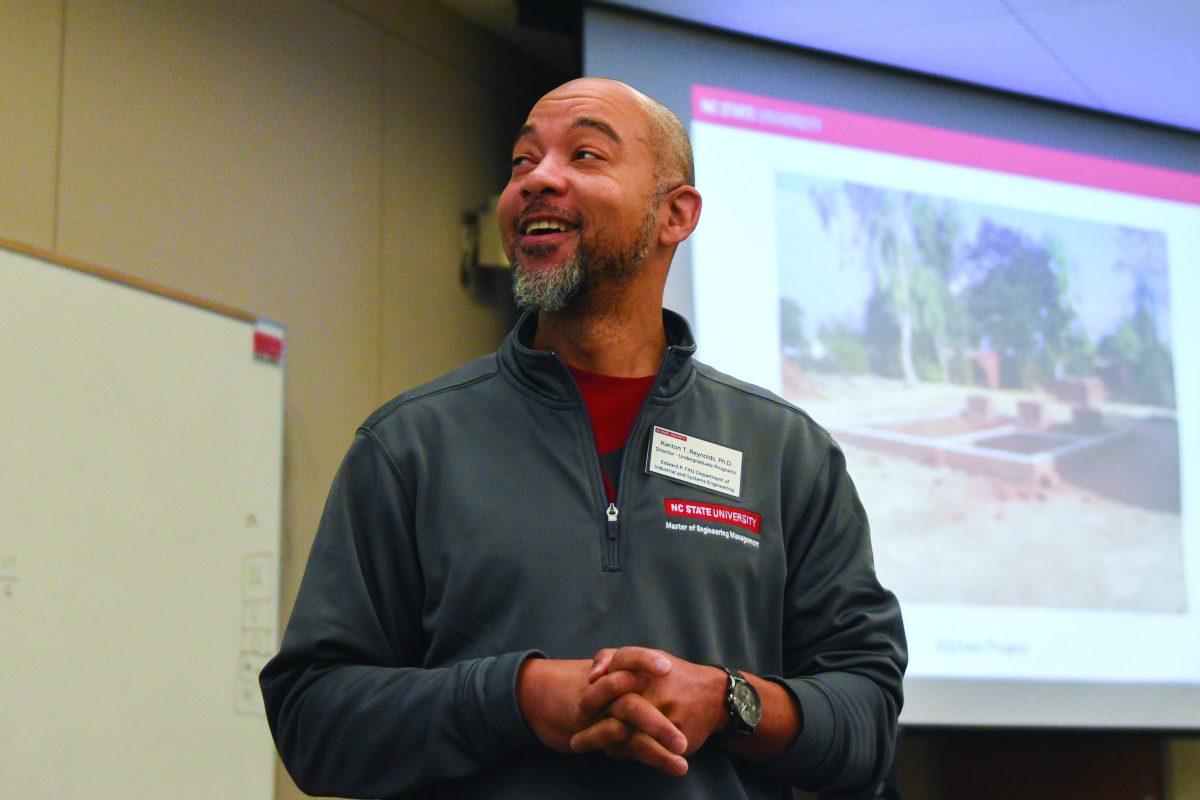The Helping Hand Project is a student-run club that assembles free prosthetics for children with upper limb differences, such as missing hands. The club develops prosthetic limbs that help children perform everyday tasks like riding a bike or holding a video game controller.
Ava Jane Gooch, a third-year studying political science and nonprofit studies and the club’s outreach chair, said the club builds prosthetics uniquely suited to each child’s needs. Since the members are not medical professionals, Gooch said the prosthetics are recreational and simple to replace.
“Since [they’re] recreational, if they need to come back for repairs, it’s easier to use something that we provide rather than something that’s thousands of dollars and super expensive,” Gooch said.
Thanks to over 100 members, the club has printed roughly 30 prosthetics. The club is split into several teams: case design, public relations, community and family support, technology and innovation, outreach and electromagnetic design.
Eliette Crenshaw, a fourth-year studying microbiology, is the club’s support chair. The club’s support side communicates with families to develop goals for the prosthetics and guides them through the process of receiving prosthetics. Crenshaw said these efforts aim to make families comfortable.
“Some of our kids are as young as five years old,” Crenshaw said. “It can be overwhelming to come into this new space and have us measuring their limb difference and asking questions about it.”
The club allows children to pick designs for their prosthetics, such as princess or superhero-themed prosthetics. Crenshaw said these designs cultivate awareness and psychological support because they desensitize limb differences.
“They feel like they’re really a part of making the device,” Crenshaw said. “When they get the end product, they’re proud of it and they want to show it off at school.”
The club’s support team also creates media, such as videos, to raise awareness. Crenshaw said sensitivity training includes using inclusive language to foster a safe space for children and their families.
“People, without thinking, will say things like ‘limb deficiency,’” Crenshaw said. “That has more negative connotations compared to ‘limb difference.’”
Karl Shroff, a third-year studying biomedical engineering and the club’s vice president, said the club’s engineering side follows the engineering design process, including research, sketching and iterating prosthetics. After making measurements, the team draws out their plan before designing the device using OnShape, a computer-aided design program. Once the product is complete, it’s uploaded publicly to Thingiverse, an online, free-use database for 3D-printed designs. The club provides its own 3D printers and filament, and finally, prints the prosthetics. Shroff said the experience is akin to real-world engineering.
Shroff said the club saves costs by performing tasks internally, such as printing. But he said the club has a high monetary need for materials such as filament and supplies for its care packages.
“The financial demands of our club are quite heightened due to the level of operation,” Shroff said. “We’re running a mini nonprofit organization.”
While the club receives some funding from NC State’s student government, it raises most of its funds through GoFundMe and fundraising events. The outreach team plans bake sales and events during Packapalooza and Engineering Welcome Week. The club also organizes a percentage night at least once a year. Gooch said these efforts help spread awareness of the club’s presence.
“A lot of it is just getting our name out there,” Gooch said. “Then hopefully the money will follow.”
Shroff said the club is diverse and welcomes all majors, not just those in engineering.
“Just because you’re not an engineer does not mean you can’t do the engineering task or the non-engineering task,” Shroff said.
The Helping Hand Project can be contacted through their email at helpinghand.club.ncsu@gmail.com.


